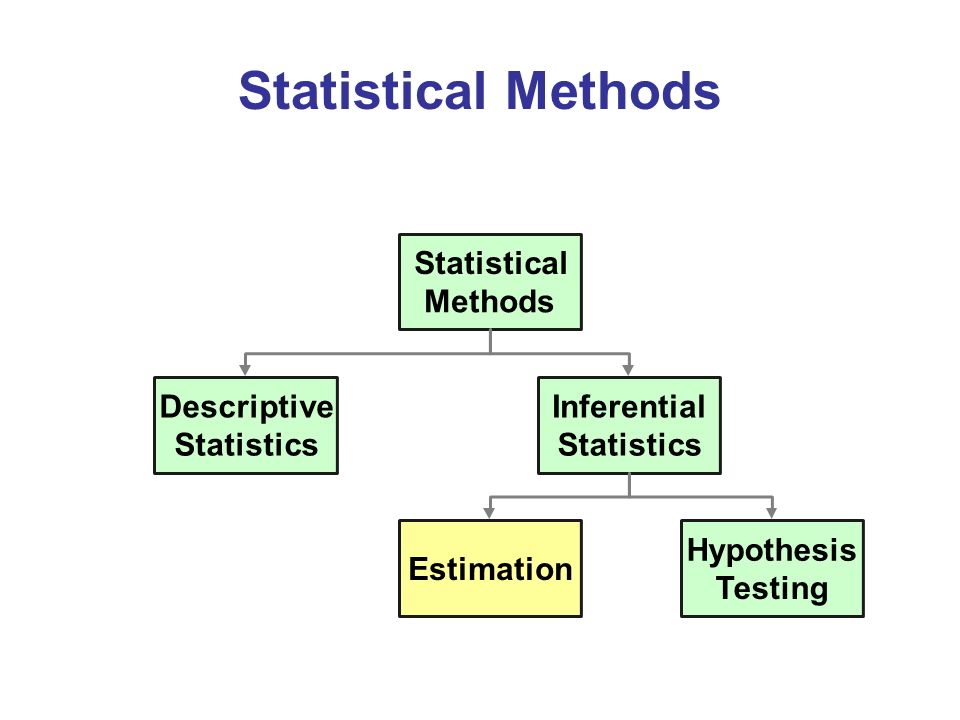We examine the role of trustworthiness and trust in statistical inference, arguing that it is the extent of trustworthiness in inferential statistical tools which enables trust in the conclusions. Certain tools, such as the p-value and significance test, have recently come under renewed criticism, with some arguing that they damage trust in statistics. We argue the contrary, beginning from the position that the central role of these methods is to form the basis for trusted conclusions in the face of uncertainty in the data, and noting that it is the misuse and misunderstanding of these tools which damages trustworthiness and hence trust. We go on to argue that recent calls to ban these tools would tackle the symptom, not the cause, and themselves risk damaging the capability of science to advance, and feeding into public suspicion of the discipline of statistics. The consequence could be aggravated mistrust of our discipline and of science more generally. In short, the very proposals could work in quite the contrary direction from that intended. We make some alternative proposals for tackling the misuse and misunderstanding of these methods, and for how trust in our discipline might be promoted.
翻译:我们审视了在统计推论中的可信赖性和信任性的作用,认为正是这些可推断的统计工具的可信赖性程度使人们能够信任这些结论。某些工具,例如价值和意义测试,最近受到新的批评,一些人认为它们损害对统计的信任。相反,我们从这些方法的中心作用是在数据不确定的情况下形成可信赖的结论的基础的立场出发,并指出,正是这些工具的滥用和误解损害了这些方法的可信赖性,因而也损害了信任性。我们继续认为,最近呼吁禁止这些工具会解决症状,而不是原因,而且它们本身有可能损害科学促进和吸收公众对统计纪律的怀疑的能力。其后果可能是加剧对我们的纪律和更广泛的科学的不信任。简言之,这些提议可能会产生与预期相反的方向。我们提出一些替代建议,以解决这些方法的滥用和误解,以及如何促进对我们纪律的信任。




